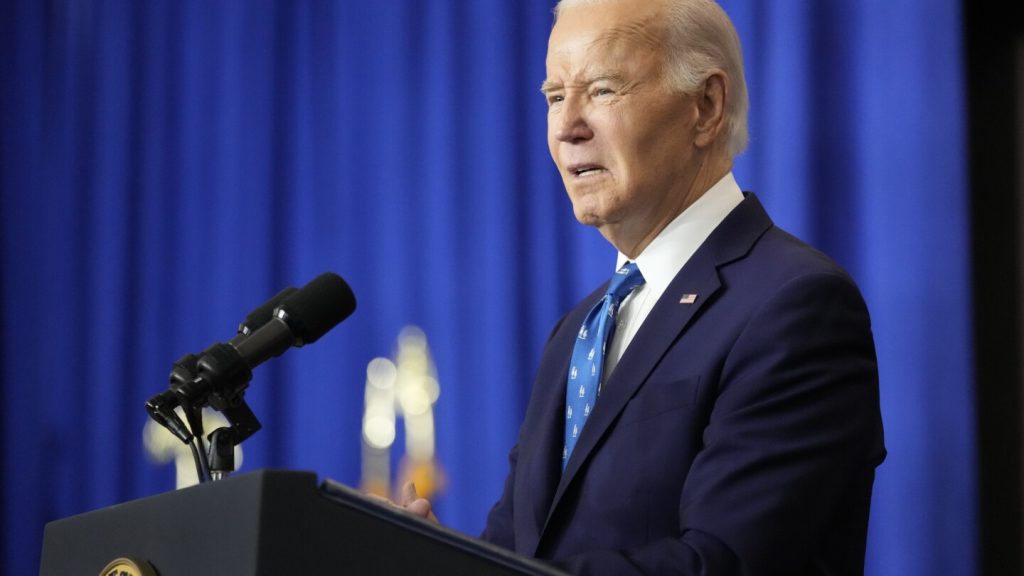President Joe Biden recently vetoed a bipartisan effort to add 66 federal district judgeships, citing “hurried action” by the House and important unanswered questions about the life-tenured positions. The legislation aimed to spread the establishment of new trial court judgeships over more than a decade to give multiple administrations and Congresses the chance to appoint the new judges. Despite the Democratic-controlled Senate passing the measure unanimously in August, the Republican-led House brought it to the floor after Donald Trump was reelected, hinting at political gamesmanship.
Biden’s decision to veto the bill was based on concerns about how the new judgeships would be allocated and the impact that senior status judges and magistrate judges might have on the need for new positions. He also noted that creating new judgeships in states where existing judicial vacancies remain unfilled raised doubt about the true motivations behind the bill. Ultimately, Biden’s veto dooms the legislation for the current Congress, as overturning it would require a two-thirds majority in both chambers.
Organizations representing judges and attorneys had urged Congress to pass the bill, highlighting the profound delays in case resolution and concerns about access to justice caused by the lack of new federal judgeships. Despite this support, Sen. Todd Young, R-Ind., criticized Biden’s veto as “misguided” and accused the President of prioritizing personal matters, such as granting a pardon to his son, over addressing the needs of ordinary Americans waiting for their due process. Young’s statement reflects growing discontent among Republicans towards Biden’s administration.
The vetoed bill was designed to address the pressing need for additional federal judgeships and alleviate the strain on the judiciary caused by growing case backlogs. The carefully crafted bipartisan effort aimed to avoid favoring any particular political party in shaping the federal judiciary by spreading out the process of appointing new judges over an extended period. The White House’s objections center around the lack of clarity regarding the allocation of judgeships and the potential impact of existing judges on the need for new positions.
Biden’s decision to reject the bill underscores the ongoing political divide in Washington and the challenges of passing legislation in a partisan environment. The President’s concerns about the rushed nature of the House’s actions and the unanswered questions within the bill reflect a broader trend of skepticism towards hasty lawmaking. Moving forward, the issue of federal judgeships remains unresolved, leaving the judiciary to grapple with mounting caseloads and delays in case resolution. Despite the veto, the debate over the need for additional judgeships and the best approach to addressing the challenges facing the federal judiciary is likely to continue in Congress.


